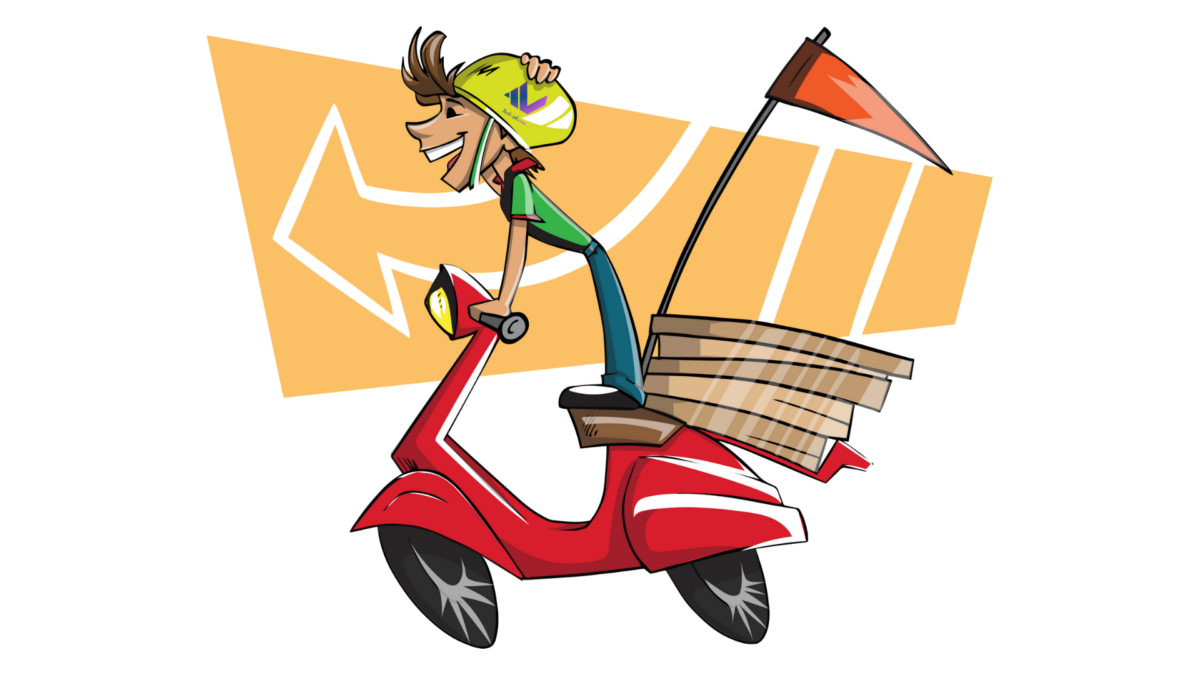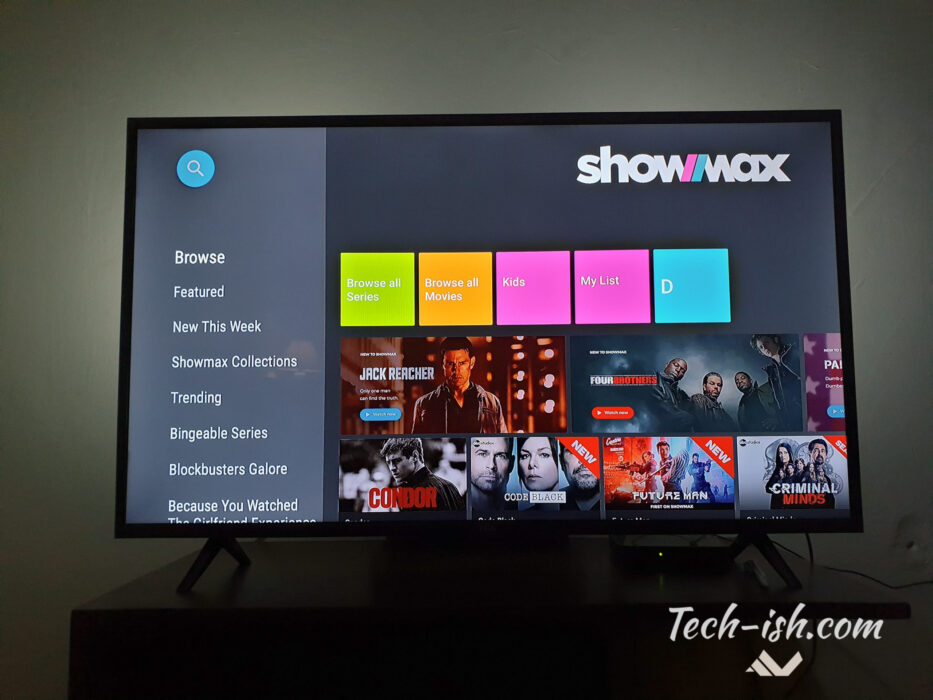
One of the funny things you may have noticed lately amid this lockdown is that so many people want to try out the delivery business. You cannot sell stuff with people locked-down in their houses, now can you? Hence the rush for online shopping and deliveries. Before you wonder where I am going with this article… no, I am not making fun of them. I am only wondering why it took a pandemic for companies and businesses to take online shopping seriously, and for people to try and streamline deliveries in Kenya. Also, I must say, all the companies getting into this delivery business with no proper plans or strategies will fail miserably.
Some of the new notable entrances to the delivery business are Safeboda and Bolt. Their approaches are all different:
- Safeboda‘s is simple. You log into their app and you have the option to buy stuff (I guess just food) from restaurants near you. At first, there were no restaurants near me, but nowadays I can see they must have increased their delivery radius, so more restaurants are popping up.
- Bolt‘s, on the other hand, is a for-business delivery concept. Businesses upload via a web interface a CSV document detailing what orders they have, and where they’re to be delivered. Then Bolt’s network of – I guess erm, drivers – get sent to pick up and deliver to customers. Both business and customers get a notification on the progress of the delivery.
But it isn’t just Safeboda and Bolt:
- Jumia recently announced a partnership with Twiga foods that will allow people to order fresh farm produce online. The orders will be in bundles, allowing you to buy stuff like watermelon, potatoes, tomatoes, onions, bananas, maize meal, processed milk etc. They promise same-day delivery in Nairobi.
- Java House expanded its delivery service to a new part of Nairobi. Yes, this was news.
- Uber Eats and Tuskys partnered for deliveries. So you can buy ‘essential stuff’ from some Nairobi supermarkets through the app
- Sendy Go was announced – a way to buy groceries, I think. Naivas supermarket is already on board with some of their Nairobi branches.
- Standard Chartered Bank – yes the bank – announced a partnership with Glovo where their customers would get two free deliveries on Glovo if they spent KES. 2000. I guess this deal is over since it was for the month of April. But what a way to get people spending during a pandemic, LOL.
- The Diabetes Management Resource Centre announced a platform where people could have direct constant communication with certified healthcare providers through digital check-ins and virtual visits.
- Jumia and Posta Kenya announced they’d cut costs of delivery to KES. 116 outside Nairobi
- Transsion Mobile announced that their Infinix phones would be available through their Xpark E-commerce platform with free delivery countrywide.
- And many more. You’ve seen them on Instagram, and on Facebook. Small and big businesses talking about how they will now be delivering faster or cheaper, or easier, and how you can order online and pay on delivery blah blah.
It is a good thing. Kenyans are finally embracing the online life. Hurrah! But it took so long. And people were so rigid. And most of these announcements are majorly just for show – oh we are also doing something, oh let’s try this to help us stay afloat in case things go bad. These are things they should have done earlier so that now it would all be smooth and streamlined. And working! With orders taking less than a day to deliver in reality, not empty promises on press releases.
Check all the announcements above, and tell me one – except for Jumia and Posta’s KES. 116 charge, and Transsion’s promised free countrywide delivery – that’s designed with the whole country in mind, not just Nairobi.
A couple of years ago I said brick and mortar stores were sitting on so much potential. Imagine if by now they’d have set up efficient strategies allowing people to order stuff from wherever in the country, and get them delivered pretty easy. They have so much data, so many customers, incredible transportation facilities, a wide selection of vendors, big warehouses, and are literally almost in all parts of the country. So much potential.
But it’s good we are here now. Hopefully, we keep at it even post the pandemic. People don’t need to visit your stores and restaurants. People don’t need to pay hefty prices for delivery – find a way where things work, and you’ll sell more. People don’t need to wait hours or days for things to work, or to arrive.
Of course I must add in this last paragraph how sad I am to see Masoko by Safaricom completely miss out. Oh, the potential that Masoko had! A dream killed by people with sooo much capital but not willing to try and think outside the box…. By the way, have you bought stuff online of late? How was the delivery process? Are you in or outside Nairobi?






